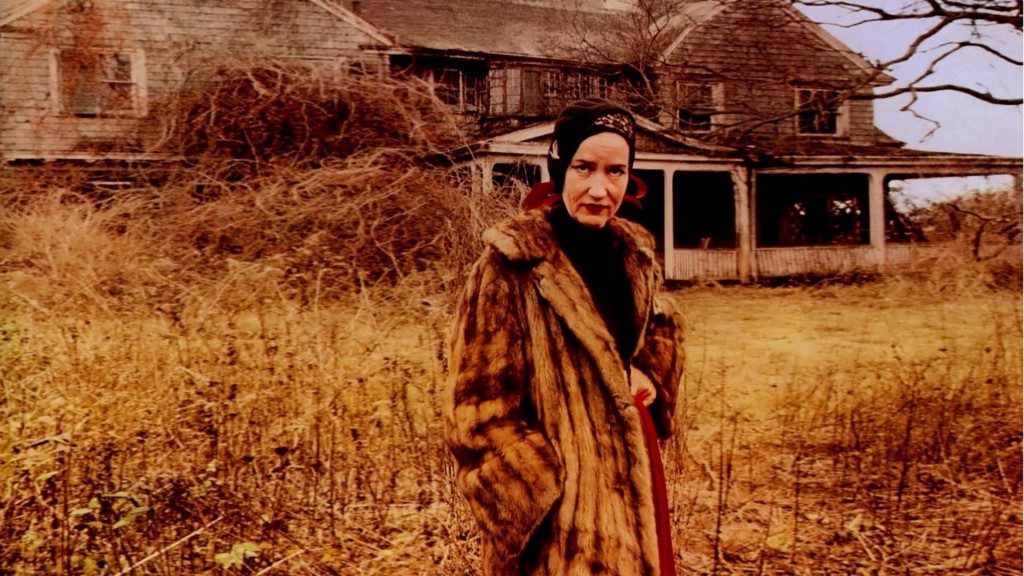The BBC has compiled a list of the 100 greatest American films ever made. The list spans decades and genres, but what 98% of the listed movies have in common is that they’re directed by men. Only three women’s names appear on the list — Ellen Hovde, Muffie Meyer and Maya Deren — and they account for two titles: “Grey Gardens” and “Meshes of the Afternoon.” Hovde and Meyer, along with David Maysles, co-directed “Grey Gardens,” ranking number 53 on the list, while Deren co-helmed “Meshes of the Afternoon” with Alexander Hammid, coming in at number 40. Not a single film on the list is directed solely by a woman.
Before blame is assigned to the BBC for such a male-centric collection of films, bear in mind that the outlet polled 62 international film critics, and it is their selections that dictate the list.
The BBC introduces the list by observing that “America’s films are among its greatest exports” and explaining that they were inspired to name the best American films of all time in “[r]ecognition of the astounding influence of the US on what remains the most popular art-form worldwide.”
Movies are our legacy. These are our cave paintings. And the ones being immortalized by this list are almost all created by men — and about men, for that matter: The majority of the films on the list feature male protagonists.
Lists like these are symptoms of bigger, long-standing problems. They remind us how men’s voices and stories have been — and continue to be — valued over those of women.
Sure, we can consider historical context. Very few women directed films in the first half of the 20th century (though it is worth taking a moment to reflect on why that is the case). Even today, much fewer films are directed by women, leading to a smaller pool to choose from (again, consider why that is the case). But are we really OK with the conclusion that only two of the top 100 ranked films our nation has produced are directed by women?
Women aren’t making inferior films to men. They are making less of them, largely because of institutional sexism. If you’re unconvinced, check out research from the Sundance Institute to learn more about the barriers female directors face. Here’s a handy recap of one of their latest studies from Variety.
If you haven’t watched “Grey Gardens” or “Meshes of the Afternoon” yet, do. The former is a documentary about an isolated mother and daughter, both named Edith Beale, who live in a mansion but face eviction for health-code violations. “Grey Gardens” served as inspiration for the 2009 HBO film that followed Little Edie and Big Edie from 1936 to the premiere of the doc in 1975. “Meshes of the Afternoon” is a short experimental film that blurs the boundaries between dream and consciousness.
The complete list of the 100 greatest American films can be found here. Which films directed by women would you add to the list?
[via The BBC]







